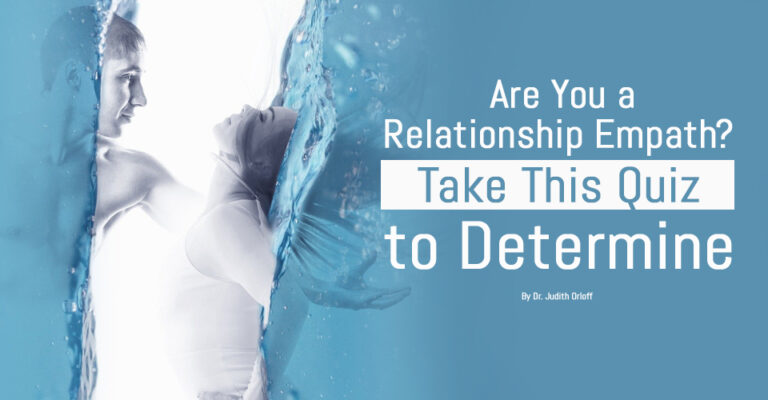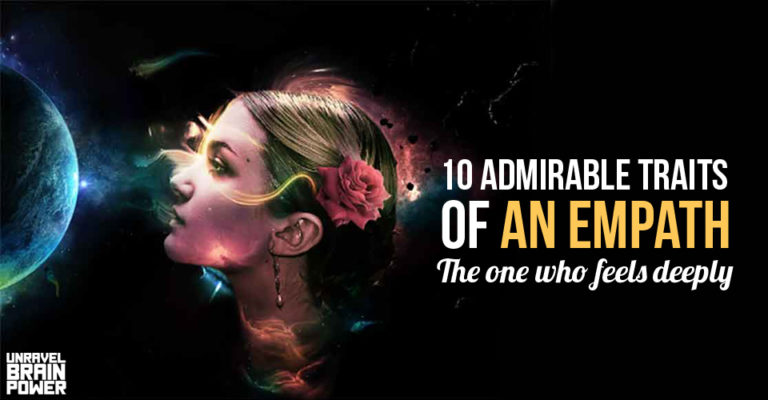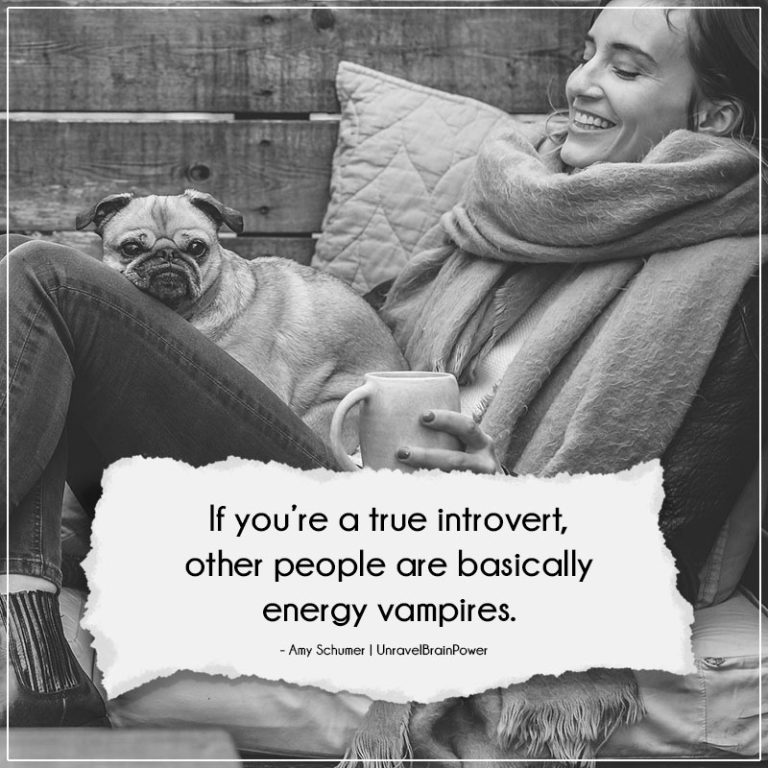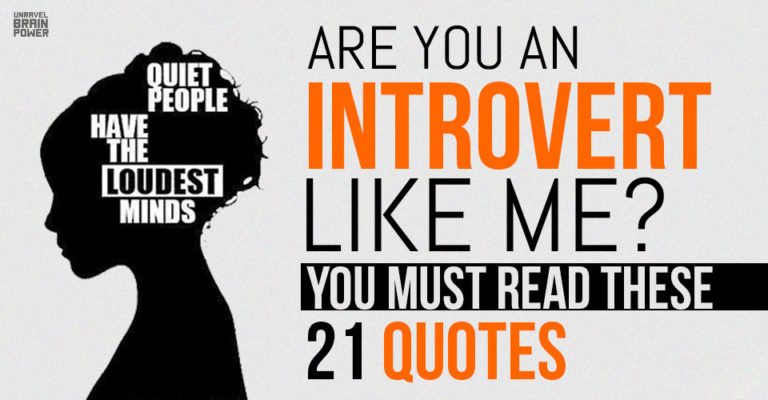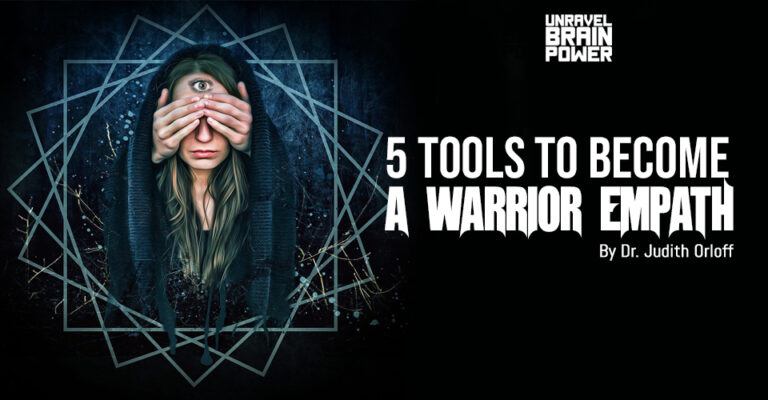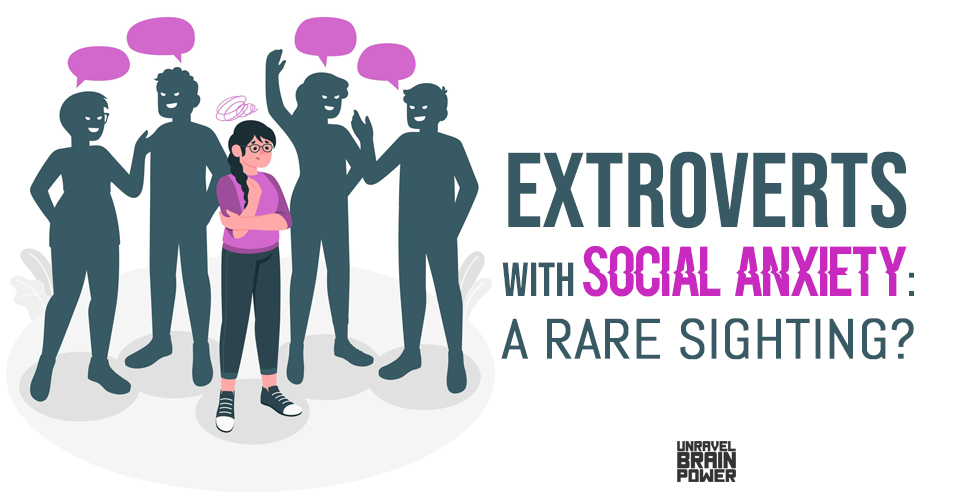
Social anxiety occurs when a person experiences anxiety symptoms in social situations or large groups. It is commonly considered to be an issue for people who are more introverted by nature. An introverted person may be someone who prefers to be alone and stay away from groups. An extrovert is seen as someone who enjoys being around other people and socializing in groups. It would seem obvious that only an introvert would experience social anxiety due to their preference of being alone. But what about extroverts? Do they experience social anxiety?
Extraversion vs. Intraversion
Extraversion is a personality trait commonly associated with outgoing, social, and loud people. Introversion personality traits are associated with people who are quiet, reserved, and often keeps to themselves. These two concepts are viewed as absolutes in modern society, meaning a person is either an introvert or an extrovert. But is that true?
While there are only two groups for extroverts and introverts, each person has varying characteristics within those categories. Extroversion traits are not universal! People who consider themselves extroverts may have different comfortability in social situations than other extroverts.
The traits fall along a spectrum from the most outgoing or social person to a very isolated or reserved individual. People tend to lean towards extroversion or introversion and have varying degrees of comfortability in different social situations. It is common that people have tendencies that would be attributed to both extroversion and introversion.
Some facets of extroversion include being sociable, warm, assertive, active, excitement-seeking, and having positive emotionality. Every extrovert’s scores in these facets will vary and are important to note as they account for the differences in extrovert personalities.
For example, a person may love going out to a party but hate public speaking. This person would likely score high on the sociable and excitement-seeking spectrum but lower on assertiveness. Another extrovert may feel completely at ease in front of a crowd but struggle to make conversation at a party.
One way to evaluate if you lean towards extroversion or introversion is to consider what brings you joy and energizes you. For example, if you prefer to go out for drinks with friends after a hard day at work and enjoy the social life, you may lean towards extroversion. If you prefer to go home and relax on the couch in comfy clothes, you may lean towards introversion. Everyone likely enjoys these activities at different times; however, this simplified example may help you determine which way you lean on the spectrum.
What is Social Anxiety?
Social anxiety is the fear of social situations usually associated with the fear of others’ judgment. Social anxiety disorder often leads to a person’s avoidance of social situations. When social situations are unavoidable, anxiety symptoms such as sweating, heart palpitations, shaking, or shortness of breath may occur.
Social anxiety is a disorder that develops over time and is thought to result from environmental and genetic factors such as a bad social experience, early childhood trauma, or a family history of mental health issues. It is typically treated by seeking out a psychotherapist, with CBT believed by many to be among the more effective treatments.
Extroverts with Social Anxiety
So, the question remains, do extroverts struggle with a social anxiety disorder? The answer is yes. Any person, regardless of personality traits, can develop a social anxiety disorder. Extrovert-leaning people tend to be drawn to social interactions more than introvert-leaning people; however, this does not keep them from developing anxiety in social situations.
While extroverts do struggle with social anxiety disorder, they may be less likely to develop social anxiety than introverts. Studies suggest that extroverted individuals are less likely to develop social anxiety disorder if they have high scores in the positive emotionality facet of extroversion.
Positive emotionality is the tendency towards positive mood states such as happiness, excitement, confidence, and joy. This facet of extroversion is linked to lower levels of social anxiety and depression. Positive emotionality appears to be a protective factor reducing the risk of developing social anxiety.
Interestingly, extroverts tend to have higher positive emotionality levels, meaning they score higher on happiness assessments, positive social relationships, and emotional regulation than introverted individuals. These traits seem to serve as buffers guarding against social anxiety disorder.
How Common is It?
While it may be just as possible for extroverts to develop social anxiety disorders, it appears there are protective factors that extroverts possess more easily than introverted individuals. However, when social anxiety symptoms are present, they may be more debilitating for extroverts as they struggle to engage in the social environment.
Social anxiety may interfere with the activities and events that bring extroverts pleasure, impacting their mental health more intensely than introverts. An introvert struggling with social anxiety can still engage in the reserved and quiet pastimes that bring them pleasure, despite the social anxiety struggles.
It is not a rare sight for people with extroversion tendencies to experience a social anxiety disorder, though it is less likely than people with introversion tendencies. It seems more likely for people with introverted tendencies to experience social anxiety disorder exaggerated by their natural tendency for isolation.
Originally published on e-counseling.com
Read more :
6 Hidden Powers of Introverts
People vector created by stories – www.freepik.com
Pin it for later

